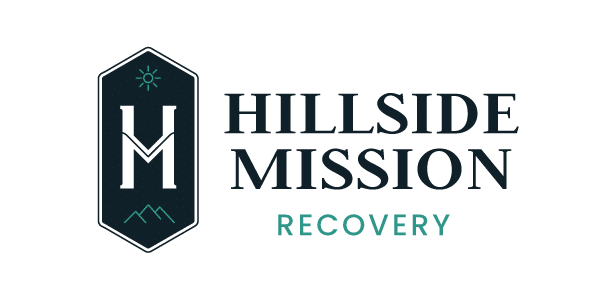Alcohol withdrawal – how do you know when you’re going through it? It can be difficult to determine an addiction to alcohol vs. someone who likes to drink a lot, due to the social nature of drinking alcohol. A lot of people who drink excessively find themselves asking “what is alcohol withdrawal?”. Some people will even determine if they’re an alcoholic based on experiencing withdrawals when they stop drinking. The only person who can truly determine whether or not you are indeed suffering from alcohol addiction is yourself.
If you are struggling with alcoholism, it’s important to detox at a professional facility to mitigate alcohol withdrawal symptoms. Keep reading to learn more about the signs of alcohol addiction and alcohol withdrawal.
Signs of an Alcohol Addiction
Drinking alcohol isn’t necessarily bad. A lot of people are able to consume alcohol in “healthy” doses. But how do you know when you’ve made the switch from relaxing with a few drinks to nursing an alcohol addiction?
There are many ways to determine if you are struggling with alcoholism. Certain questions you can ask yourself are “do I think I’m experiencing withdrawals?”, “how am I feeling & what are my symptoms?”. The most effective way is by checking your symptoms and matching them to the symptoms of alcohol addiction.
Below are a few common symptoms of an alcohol addiction. Please note this isn’t a comprehensive list and addiction can look different for everyone:
- You experience a strong desire to drink alcohol
- Your drinking is affecting other parts of your life, like work, education, and family
- You stop fulfilling your daily responsibilities
- You try to stop drinking but can’t, even when you can see that it is affecting you negatively
- You need to drink more and more to achieve a feeling of euphoria
- You spend more time drinking, drunk, or hungover than you do sober
- You behave aggressively, violent, or different when you are drunk
- You forgo previously interesting activities so that you can drink more
- You start hiding your drinking habit or how much alcohol you take
- You feel nausea, sweating, and other withdrawal symptoms whenever you haven’t taken alcohol for a few hours
What Is Alcohol Addiction Like?
Alcohol addiction or AUD is a substance use disorder characterized by an impulsive consumption of alcohol despite its negative effects. Below are hypothetical anecdotes that accurately portray certain peoples experience with alcohol use:
“It’s funny how addiction works. Even when I was searching for ways to stop, I was still craving alcohol, and if someone had given me a 6-pack at that moment, I would have drunk it.” Even though he knew that he was addicted, it wasn’t enough to stop him because addicts can’t stop themselves.”
“Addiction just makes you helpless. You know this stuff is harming your health, hurting your loved ones, and damaging you. But you just can’t stop. It felt like alcohol owned me. It was my master, and whenever it called, I would answer even knowing that my actions were hurting the people who love me.”
What Are Alcohol Withdrawal Symptoms?
Alcohol withdrawal symptoms (AWS) are symptoms you experience when you stop drinking alcohol. You may experience both mental and physical difficulties when you cut back on how much you drink. When the symptoms are mild, they can be difficult to spot. So, how do you know that you’re having withdrawals and not a bad hangover?
Some alcohol withdrawal symptoms include:
- Nausea
- Tremors
- Sweating
- Mood Swings
- Irritability
- Fatigue
- Hyperthermia
- Insomnia
- Seizures
- Psychosis
- Hypertension
- Hallucinations
- Delirium Tremens
Alcohol withdrawal symptoms can easily escalate from mild to severe within hours, depending on how much alcohol you consume. This is why we strongly advise you not to handle your withdrawal symptoms alone.
Beat Alcohol Withdrawal at Hillside Mission
Hillside Mission is one of the leading addiction rehab facilities in Orange County, California. We know how uncomfortable alcohol withdrawal symptoms can be, and we effectively manage them in addition to offering diverse treatment options. Contact us today; let us help you overcome your addiction!







